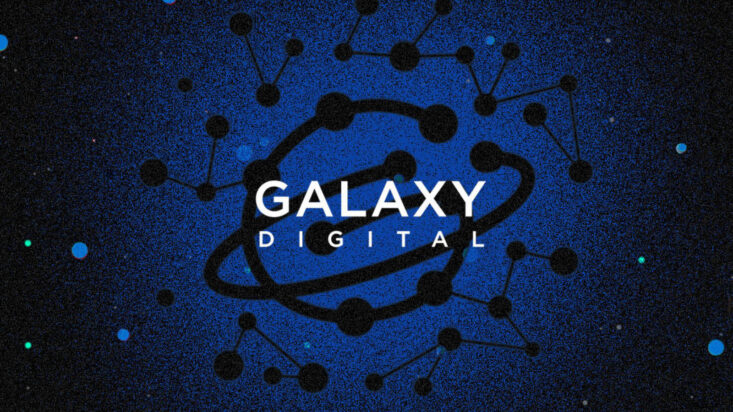Allen Partners brings bitcoin manager to Australia
Due to its open-source ethos, bitcoin has travelled an unconventional growth path. For starters, no-one seems to know who invented it (rumoured to be a Sydneysider, possible pseudonym Satoshi Nakamoto) but what we know is when it will all end – in 104 years when the last bitcoin will be mined.
Putting its start behind us, given no-one knows who invented money either, an increasing amount of funding has gone into the development of digital currencies, with bitcoin at the centre, so that they become an institutional-grade investment option.
The big custodian banks tend to be all over the ramifications and their crucial role to play with bitcoin and big Australian institutional investors are dabbling with small positions.
This year, Northern Trust produced a paper on the future of asset servicing, which analysed the pathway to more and more digitalisation in financial services, including the use of digital currencies.
In fact, Northern Trust announced last week (December 9), that its joint venture with Standard Chartered, SC Ventures, had launched a crypto currency custodian for institutional investors, called ‘Zodia’. Northern said institutional investors accounted for only 9 per cent of investments in crypto currencies.
Against that backdrop, third-party marketer Allen Partners has brought to the Australian and NZ institutional market one of the leading managers in the field, Galaxy Digital Capital Management LP, which offers two strategies; one which tracks the Bloomberg bitcoin fixing rate and uses Fidelity Group’s new specialist custody unit, Fidelity Digital Assets, and one which tracks the Bloomberg Galaxy Crypto Index.
Tom Pascarella, an Allen Partners partner, said last week (December 8) that bitcoin had been around now for more than ten years, during the GFC, and has grabbed a lot of headlines subsequently. “But people are still trying to nut through it,” he says.
“Bitcoin is all about governance, verification and belief. It’s part of the new eco-system, including digital ledger technology and blockchain. People are asking how this digital economy will play out, does it require its own digital currency, where could this go, and how long will it take.”
Pascarella says: “It’s the unique paradigm for our age. Web 2.0, the current internet infrastructure, is quickly being upgraded to “Web 3.0″ – the decentralised Web with attendant functionality.”
The Galaxy offering is a typical alternatives fund, with a Caymans-domiciled vehicle acting as a feeder fund into the US-based fund. Its cost structure is also simple, with maximum quarterly redemptions, no redemption fee nor performance fees.
He believes institutional investors and the larger wholesale market will see it as an alternative growth investment, with no real income yield, and with expected volatility that is likely to decline with more and more usage.
Galaxy Fund Management’s head of asset management, Steve Kurz, and portfolio manager, Paul Capelli, say that a survey by Fidelity published in May last year found that 22 per cent of institutional investors already owned digital assets.
They say that the progress in building the required infrastructure for bitcoin investing at an institutional grade includes regulated custody, physically settled futures contracts and regulated options contracts.
“From Goldman Sachs to Fidelity, to IBM and the NYSE/ICE, major financial institutions have made and continue to make sizeable investments in the industry and verticals of bitcoin’s value chain,” they say. “This institutionalisation has enabled the growth of secure, regulatory-compliant, institutional-calibre financial products and services, further facilitating the flow of global investment into the space.”
They have published various papers and research notes on bitcoin, including a background briefing from Galaxy’s perspective.











